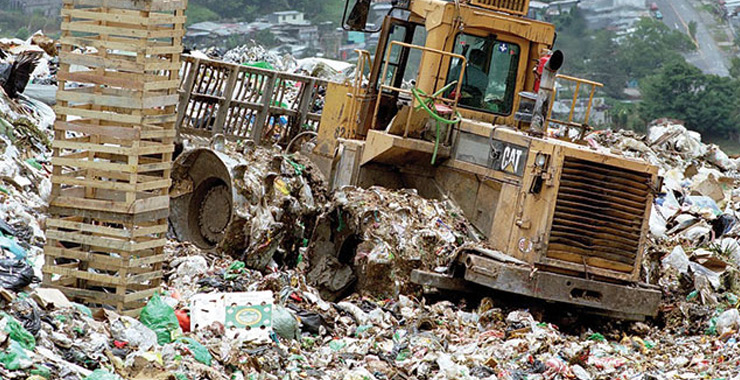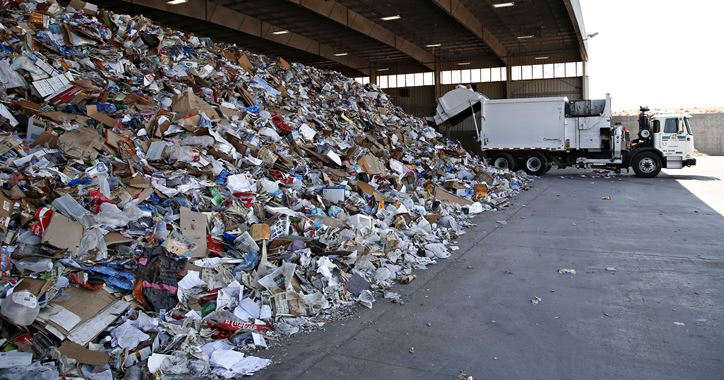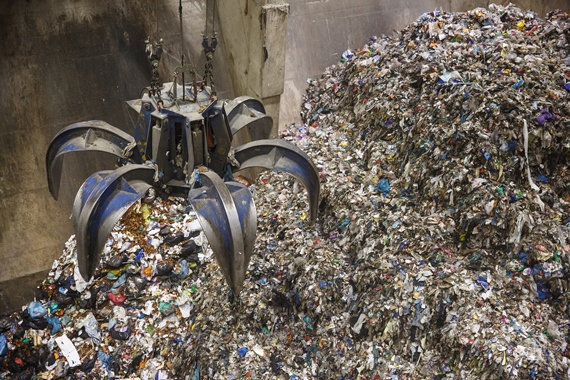Muncipal Waste
Municipal solid waste (MSW) is a waste type consisting of everyday items that are discarded by the public. It consisting of everyday items such as product packaging, grass clippings, furniture, clothing, bottles and cans, food scraps, newspapers, appliances, consumer electronics, and batteries. These wastes come from homes; institutions such as schools and hospitals; and commercial sources such as restaurants and small businesses.
Solid Waste Management
Solid waste management is a term that is used to refer to the process of collecting, treating & disposing of solid wastes. As long as people have been living in settlements and residential areas, garbage or solid waste has been an issue. Waste management is all about how solid waste can be changed and used as a valuable resource. Solid waste management should be embraced by each and every household including the business owners across the world.
Improper disposal of municipal solid waste can create unsanitary conditions, and these conditions in turn can lead to pollution of the environment and to outbreaks of vector-borne disease—that is, diseases spread by rodents and insects.”
Methods of Solid Waste Management
There are different methods of solid waste management. The following are some of the recognized methods:
Sanitary Landfill
This is the most popular solid waste disposal method used today. Garbage is basically spread out in thin layers, compressed and covered with soil or plastic foam. Modern landfills are designed in such a way that the bottom of the landfill is covered with an impervious liner which is usually made of several layers of thick plastic and sand. This liner protects the ground water from being contaminated because of leaching or percolation. When the landfill is full, it is covered with layers of sand, clay, top soil and gravel to prevent seepage of water.
Incineration
This method involves burning of solid wastes at high temperatures until the wastes are turned into ashes. Incinerators are made in such a way that they do not give off extreme amounts of heat when burning solid wastes. This method of solid waste management can be done by individuals, municipalities and even institutions. The good thing about this method is the fact that it reduces the volume of waste up to 20 or 30% of the original volume.
Recovery and Recycling
Recycling or recovery of resources is the process of taking useful but discarded items for next use. Traditionally, these items are processed and cleaned before they are recycled. The process aims at reducing energy loss, consumption of new material and reduction of landfills.
Composting
Due to lack of adequate space for landfills, biodegradable yard waste is allowed to decompose in a medium designed for the purpose. Only biodegradable waste materials are used in composting. Good quality environmentally friendly manure is formed from the compost and can be used for agricultural purposes.
Pyrolysis
This is method of solid waste management whereby solid wastes are chemically decomposed by heat without presence of oxygen. This usually occurs under pressure and at temperatures of up to 430 degrees Celsius. The solid wastes are changed into gasses, solid residue and small quantities of liquid. In summary, We Al Dhow consider proper solid waste management is an integral part of environmental conservation that should be observed by individuals and companies globally. This will keep the environment clean and reduce health and settlement problems.



